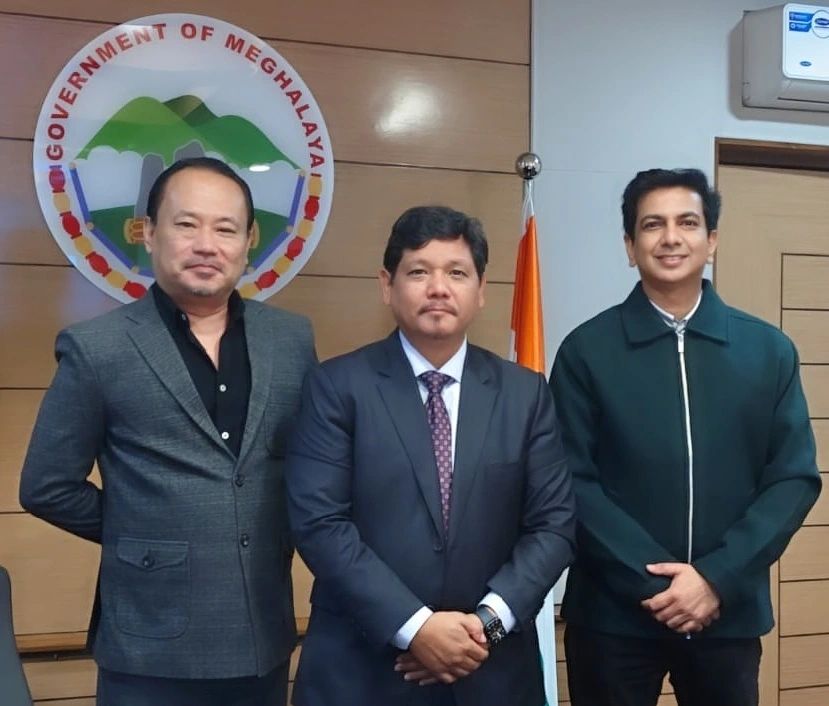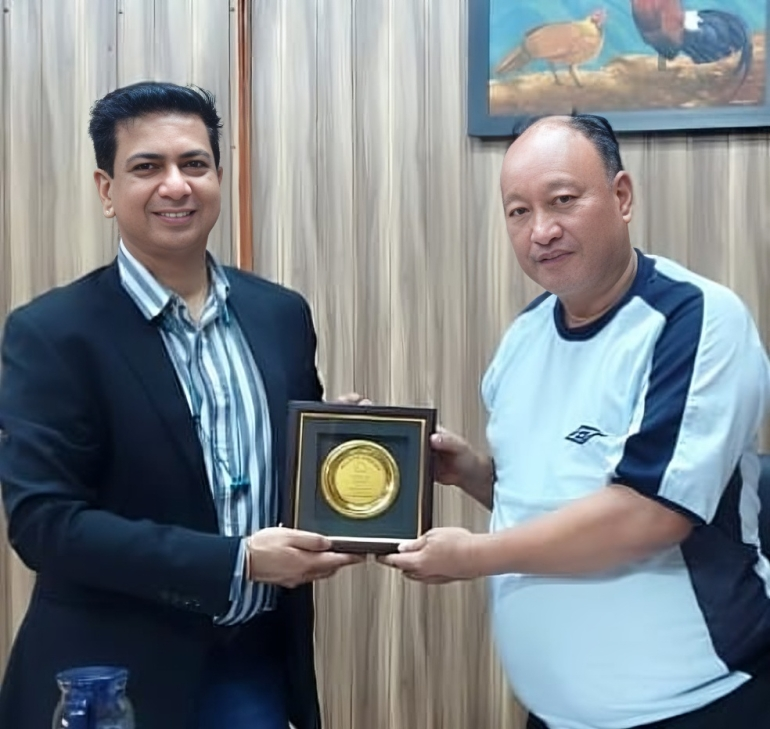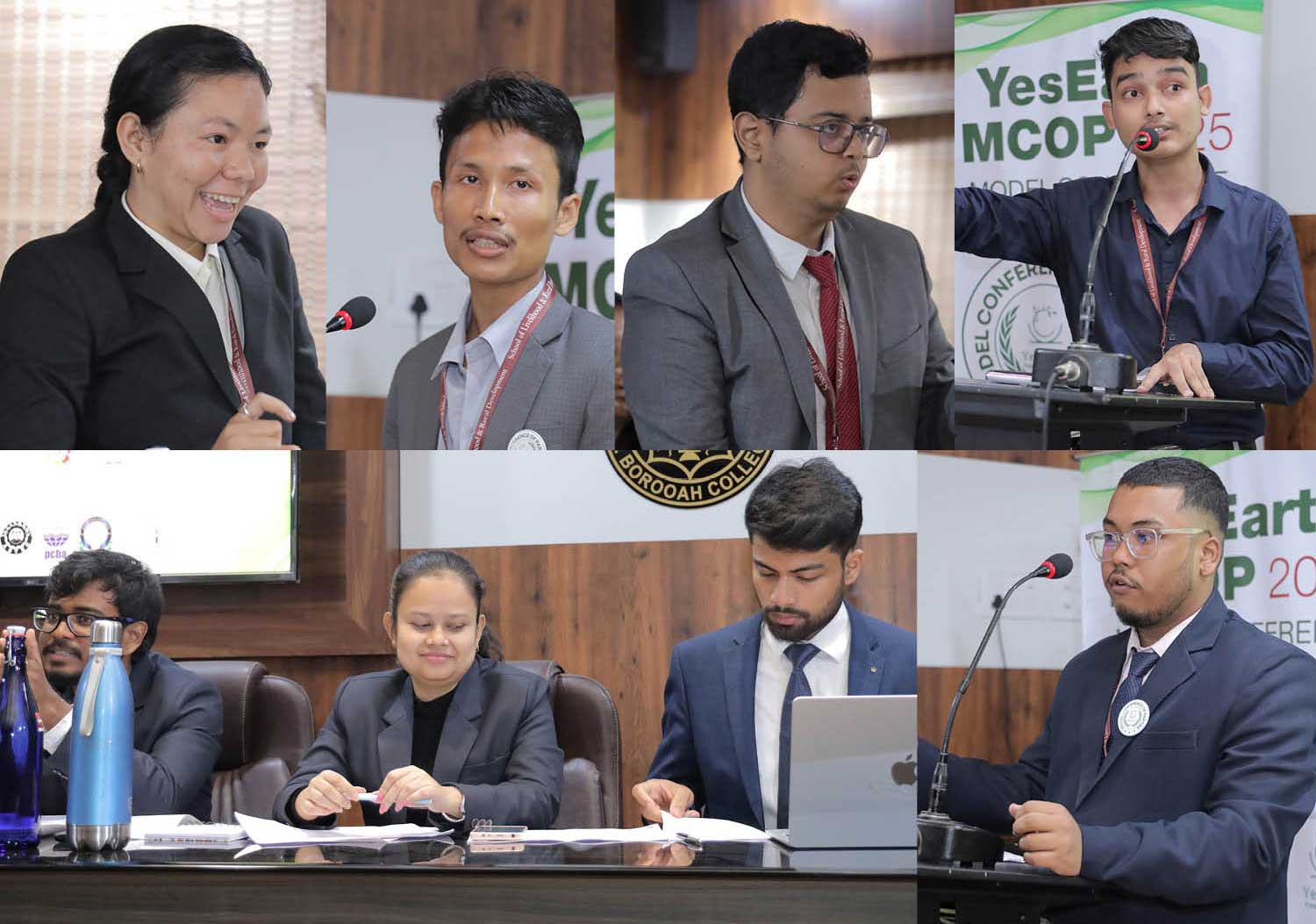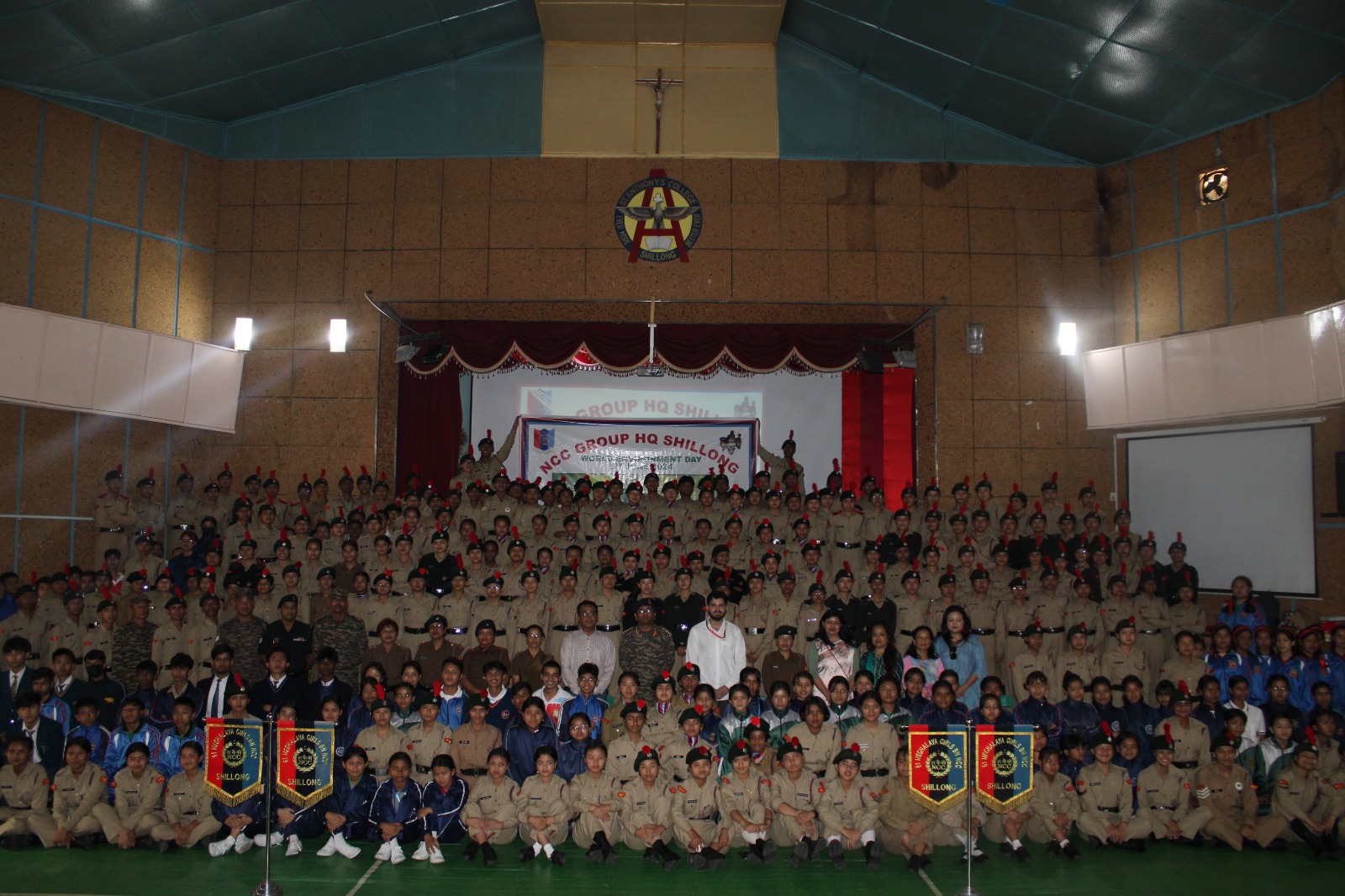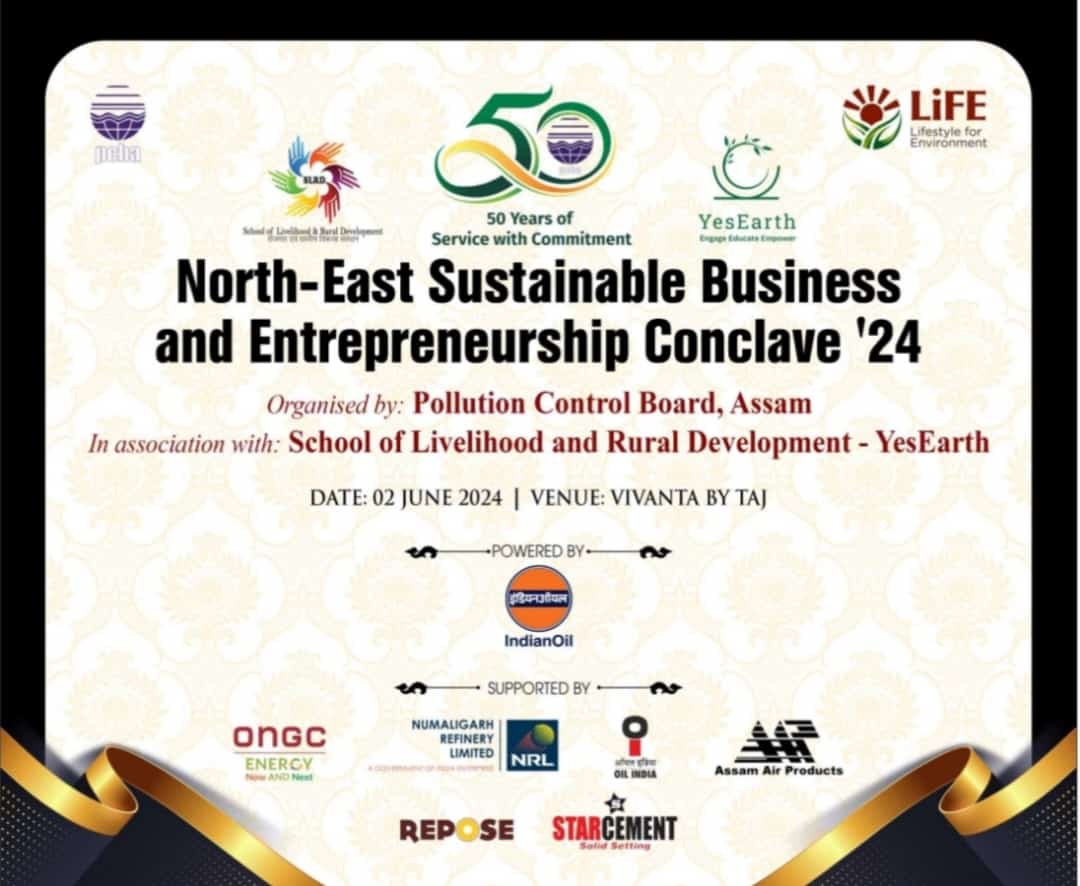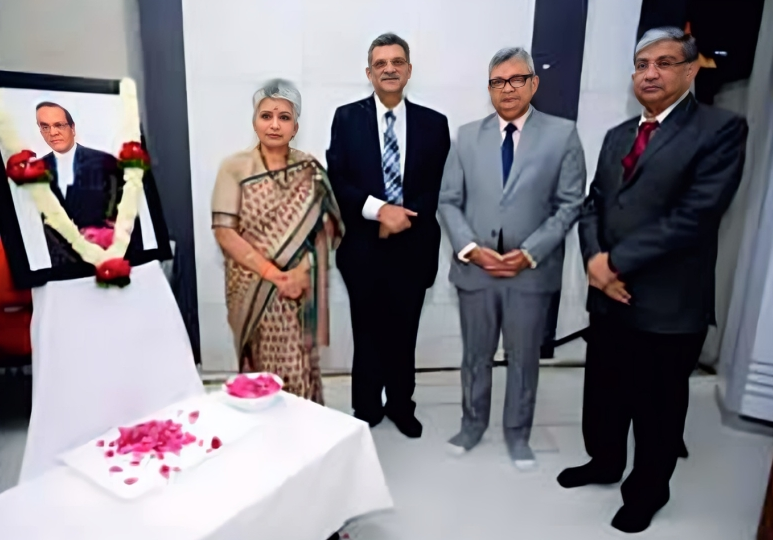Pilgrimage Places & Tiger Reserves not Picnic Spots, Maintain their Sanctity : SC Judge
Nagpur: Pilgrimage centres and tiger reserves are not mere picnic spots, and it is imperative to maintain their sanctity, emphasised Supreme Court judge justice BV Nagarathna. She advocated the need for measures to regulate the number of vehicles and tourists entering eco-sensitive zones, such as the Char Dham sites or forests, to prevent overcrowding while preserving the serenity of the sacred destinations. Delivering the 4th GL Sanghi memorial lecture at the Maharashtra National Law University (MNLU) in Nagpur on Saturday, Justice Nagarathna delved into the pressing issues of forest fires, landslides, floods, extreme weather events, urban heat islands, and air and water pollution that plague various regions of the country. Justice BV Nagarathna structured her discourse into four segments, encompassing the constitutional rights and duties pertaining to the environment, the existing environmental jurisprudence in India, novel challenges posed by climate change to the legal order, and the necessity for judges and advocates to be well-versed in these matters. The SC judge said that climate change poses multifaceted threats not only to a stable environment but also to human life, impacting the right to health, which is an integral component of the right to life. She highlighted the potential consequences of climate change, such as shifts in vector-borne diseases, rising temperatures, droughts, food supply shortages, storms and flooding, particularly for those living in coastal areas.
Discussing environmental justice, Justice Nagarathna asserted that it should be viewed within the broader framework of justice rather than in isolation. She underscored the paramount importance of addressing climate change compared to other risks while acknowledging the equally perilous nature of social polarization, misinformation, and the adverse outcomes of artificial intelligence and cyber technologies.
She cautioned that even well-intentioned policies aimed at promoting environmental justice must be scrutinised for their broader implications. She cited the example of road-widening projects, which are often intended at ensuring smooth traffic movement and reducing fuel consumption. However, she pointed out that such projects may lead to a greater number of cars on the roads, resulting in ecological implications such as loss of forest cover and soil erosion, as well as increased vulnerability to disasters due to increased tourist access and pressure on available resources. She advocated for imposing limits on the number of tourists visiting particular destinations, such as Badrinath, Kedarnath, Yamunotri, or Gangotri, and maintaining data at relevant stations to prevent excessive pressure on the environment and infrastructure while preserving the sanctity of these sacred sites. Justice Nagarathna also called for declaring certain areas as inviolable, recognizing their biological significance, heritage value, and role in harboring biodiversity and mitigating the acceleration of climate change.
On the promotion of tiger safaris in the name of eco-tourism by some govts, Justice Nagarathna cautioned against the risks of putting stress on ecosystem and disrupting wildlife. She emphasised the need for govts to prioritise the ecosystem of the area and impose restrictions on the number of vehicles and human presence in tiger reserves to ensure effective conservation efforts.
Justice Nagarathna on GL Sanghi GL Sanghi was a leading member of the Nagpur bar association. He was designated as senior counsel of the Supreme Court. “There was no branch of law which was untouched by Shri Sanghi. His sheer power of logical reasoning, careful analysis and clarity of thought contributed immensely in the development of law. Modest, simple and unassuming, he also helped those who sought legal help from him, irrespective of their stature or economic position. He possessed a rare combination of unquestionable integrity, sterling character and high moral values,” Justice BV Nagarathna said.
Nagpur: Pilgrimage centres and tiger reserves are not mere picnic spots, and it is imperative to maintain their sanctity, emphasised Supreme Court judge justice BV Nagarathna. She advocated the need for measures to regulate the number of vehicles and tourists entering eco-sensitive zones, such as the Char Dham sites or forests, to prevent overcrowding while preserving the serenity of the sacred destinations.
Delivering the 4th GL Sanghi memorial lecture at the Maharashtra National Law University (MNLU) in Nagpur on Saturday, Justice Nagarathna delved into the pressing issues of forest fires, landslides, floods, extreme weather events, urban heat islands, and air and water pollution that plague various regions of the country.
Justice BV Nagarathna structured her discourse into four segments, encompassing the constitutional rights and duties pertaining to the environment, the existing environmental jurisprudence in India, novel challenges posed by climate change to the legal order, and the necessity for judges and advocates to be well-versed in these matters. The SC judge said that climate change poses multifaceted threats not only to a stable environment but also to human life, impacting the right to health, which is an integral component of the right to life. She highlighted the potential consequences of climate change, such as shifts in vector-borne diseases, rising temperatures, droughts, food supply shortages, storms and flooding, particularly for those living in coastal areas.
Discussing environmental justice, Justice Nagarathna asserted that it should be viewed within the broader framework of justice rather than in isolation. She underscored the paramount importance of addressing climate change compared to other risks while acknowledging the equally perilous nature of social polarization, misinformation, and the adverse outcomes of artificial intelligence and cyber technologies.
She cautioned that even well-intentioned policies aimed at promoting environmental justice must be scrutinised for their broader implications. She cited the example of road-widening projects, which are often intended at ensuring smooth traffic movement and reducing fuel consumption. However, she pointed out that such projects may lead to a greater number of cars on the roads, resulting in ecological implications such as loss of forest cover and soil erosion, as well as increased vulnerability to disasters due to increased tourist access and pressure on available resources.
She advocated for imposing limits on the number of tourists visiting particular destinations, such as Badrinath, Kedarnath, Yamunotri, or Gangotri, and maintaining data at relevant stations to prevent excessive pressure on the environment and infrastructure while preserving the sanctity of these sacred sites. Justice Nagarathna also called for declaring certain areas as inviolable, recognizing their biological significance, heritage value, and role in harboring biodiversity and mitigating the acceleration of climate change.
On the promotion of tiger safaris in the name of eco-tourism by some govts, Justice Nagarathna cautioned against the risks of putting stress on ecosystem and disrupting wildlife. She emphasised the need for govts to prioritise the ecosystem of the area and impose restrictions on the number of vehicles and human presence in tiger reserves to ensure effective conservation efforts. Justice Nagarathna on GL Sanghi
GL Sanghi was a leading member of the Nagpur bar association. He was designated as senior counsel of the Supreme Court. “There was no branch of law which was untouched by Shri Sanghi. His sheer power of logical reasoning, careful analysis and clarity of thought contributed immensely in the development of law. Modest, simple and unassuming, he also helped those who sought legal help from him, irrespective of their stature or economic position. He possessed a rare combination of unquestionable integrity, sterling character and high moral values,” Justice BV Nagarathna said.

